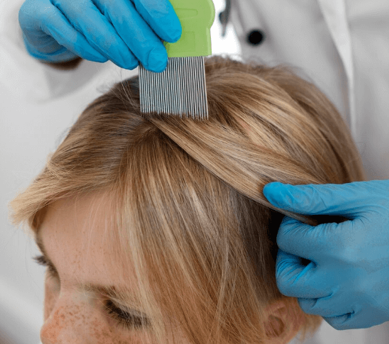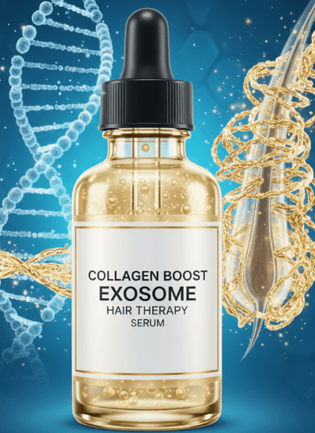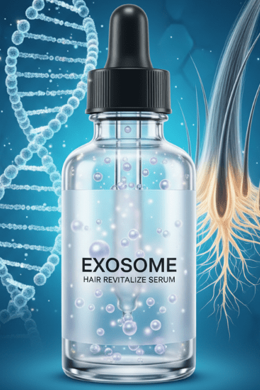Introduction
LASIK surgery is widely regarded as a safe and effective option for vision correction. However, not everyone is an ideal candidate. For medical patients, particularly those with chronic conditions like diabetes, it’s crucial to understand how these illnesses can affect your eligibility for LASIK and the quality of your results.
This article explores how diabetes and other medical conditions impact LASIK candidacy, what precautions surgeons take, and what patients can expect.
Diabetes and LASIK: Key Considerations
1. Impact on Healing and Infection Risk
- Slower Healing: Diabetes can impair the body’s natural healing processes due to reduced blood flow and nerve sensitivity. This may lead to slower corneal recovery after LASIK surgery.
- Increased Infection Risk: Elevated blood sugar levels may increase the risk of postoperative infections or complications like corneal ulcers.
2. Stability of Vision and Blood Sugar Control
- Fluctuating Vision: Poorly controlled diabetes can cause temporary vision fluctuations due to changes in blood sugar affecting the eye’s lens and corneal thickness.
- Importance of Control: Surgeons typically require patients to have stable blood glucose levels for several months before surgery to ensure predictable and lasting outcomes.
3. Risk of Diabetic Retinopathy
- Underlying Eye Disease: Diabetic retinopathy, a diabetes-related damage to retinal blood vessels, may complicate LASIK candidacy. Patients with advanced retinopathy may not be eligible for LASIK until their retinal condition is stabilized.
- Comprehensive Eye Exam: A thorough retinal evaluation is essential prior to surgery.
Other Medical Conditions That Influence LASIK Eligibility
Autoimmune Disorders (e.g., Lupus, Rheumatoid Arthritis)
- These conditions can affect wound healing and increase inflammation risk after surgery, making LASIK less advisable.
- Patients may be advised to explore alternative vision correction options.
Dry Eye Syndrome
- Chronic dry eyes can worsen post-LASIK, increasing discomfort and prolonging recovery.
- Pre-existing dry eye should be treated and well-controlled before considering surgery.
Corneal Diseases and Thin Corneas
- Conditions like keratoconus or insufficient corneal thickness increase the risk of post-LASIK complications such as ectasia (corneal weakening).
- Alternative procedures like PRK or LASEK may be recommended instead.
What Surgeons Do to Assess Medical Patients
- Comprehensive Medical and Ocular History: Including review of systemic illnesses, medications, and previous eye conditions.
- Extensive Testing: Corneal topography, pachymetry (thickness measurement), tear film analysis, and retinal exams to detect risks.
- Blood Sugar Verification: For diabetic patients, surgeons may request recent HbA1c levels to confirm stable glucose control.
- Customized Surgical Plans: Some patients may benefit from modified LASIK protocols or alternative refractive procedures.
Tips for Medical Patients Considering LASIK
- Work closely with your primary care physician or endocrinologist to optimize control of your medical condition before surgery.
- Be honest and detailed about your medical history during your LASIK consultation.
- Understand that additional preoperative testing and a longer recovery timeline may be necessary.
- Follow all pre- and post-operative instructions diligently to minimize risks.
- Maintain regular eye checkups post-LASIK to monitor eye health and vision stability.
Conclusion
Chronic medical conditions like diabetes present unique challenges for LASIK surgery but do not automatically disqualify you as a candidate. With proper medical management, thorough evaluation, and careful surgical planning, many patients with controlled medical issues can still achieve excellent visual outcomes.
Always consult a qualified ophthalmologist experienced in managing medically complex patients to discuss your individual risks and benefits before proceeding.




